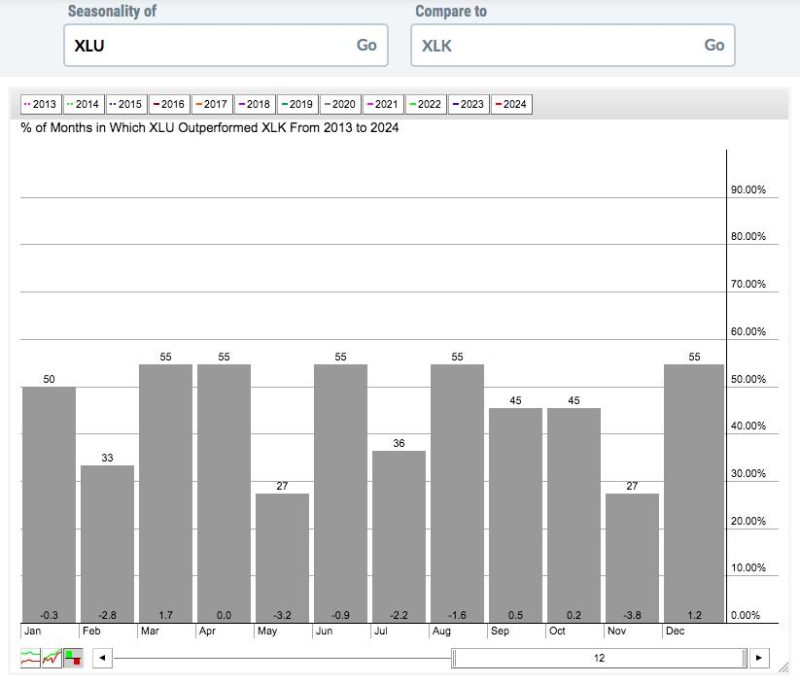Evaluating Risk: The Make or Break Factor in Trading Success
Understanding risk is a fundamental principle that distinguishes successful traders from unsuccessful ones. In the fast-paced world of financial markets, the ability to accurately assess and manage risk is the key to achieving long-term profitability and sustainability in trading activities. This article delves into the crucial role that risk evaluation plays in the trading landscape and outlines how successful traders leverage this understanding to their advantage.
Risk assessment is an essential aspect of trading that involves evaluating the potential impact of uncertain market conditions on investment portfolios. Successful traders prioritize risk management strategies to protect their capital and optimize their returns. By carefully assessing various risk factors such as market volatility, leverage, and position sizing, they can make informed decisions that minimize potential losses and maximize profits.
One of the key skills that successful traders possess is the ability to quantify and analyze risk effectively. They employ a range of tools and techniques, such as risk-reward ratios, stop-loss orders, and position limits, to mitigate potential downside and capitalize on profitable opportunities. By understanding the relationship between risk and reward, successful traders can strike a balance that aligns with their financial goals and risk tolerance.
In contrast, unsuccessful traders often overlook or underestimate the importance of risk evaluation, leading to poor decision-making and detrimental outcomes. They may engage in high-risk strategies without proper safeguards in place, exposing themselves to significant losses that can wipe out their trading accounts. Moreover, a lack of risk management discipline can result in emotional trading patterns driven by fear and greed, further exacerbating losses and impeding long-term success.
Successful traders approach risk evaluation as a dynamic and ongoing process that requires continuous monitoring and adjustment. They adapt their risk management strategies based on changing market conditions, emerging trends, and new information to stay ahead of the curve. By remaining flexible and responsive to market developments, successful traders can navigate uncertainty and capitalize on opportunities while safeguarding their capital.
In conclusion, evaluating risk is a critical factor that distinguishes successful traders from unsuccessful ones in the competitive world of financial markets. By prioritizing risk management, utilizing effective strategies, and maintaining a disciplined approach, successful traders can enhance their chances of long-term profitability and sustainability. Understanding the nuances of risk assessment and incorporating it into trading decisions can make all the difference between success and failure in the dynamic and unpredictable landscape of trading.
